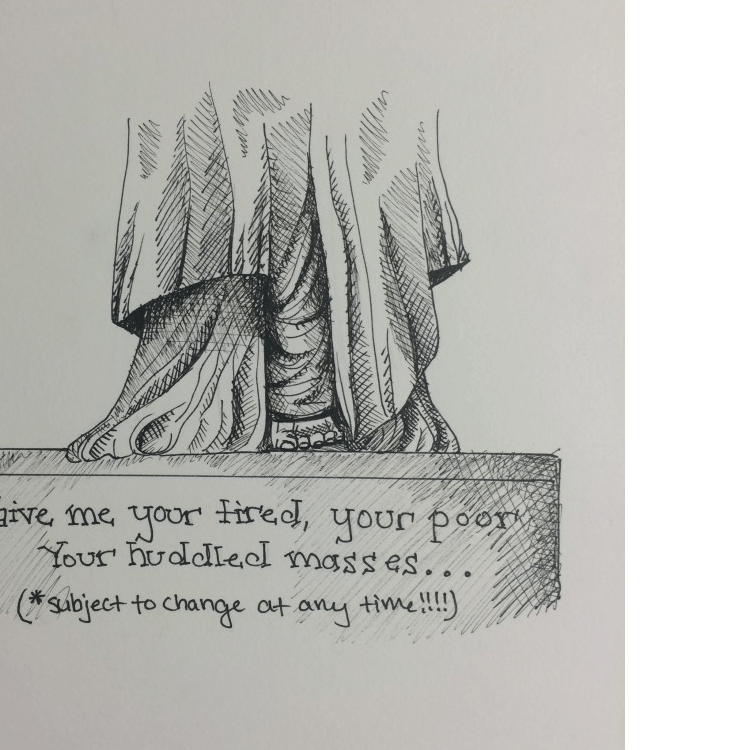Long before President Trump began rallying for a wall along the United States-Mexico border, the U.S. was experiencing a resurgence in anti-immigration rhetoric, both illegal and legal.
However, in a bold move against Trump and popular GOP ideology, Sen. Jeff Flake, R-Ariz., wrote in the New York Times that we need to appreciate immigrants' contributions to the U.S. – no matter their skill level.
The Editorial Board thinks more GOP representatives would do well to follow Flake’s lead. In the policy world, legal immigration is often divided into two camps: “high-skilled,” those with a white-collar professional background, and “low-skilled,” those with a largely manual labor background.
The Trump-endorsed Raise Act, a Senate bill which plans to cut legal immigration by half over the next ten years, would use this distinction to categorize who can come into the U.S., the New York Times reports.
A critic of Trump throughout his presidency, Flake argues legal immigration makes America great, especially those immigrants classified as “low-skilled” who would be barred from the country under the Raise Act.
Flake grew up with Manuel Chaidez, an undocumented immigrant working on Flake’s family ranch, and therefore had a unique perspective most native-born Americans don’t get when it comes to immigration.
“History doesn’t much record the unglamorous and often excruciating work of moving sprinkler pipe, digging ditch, chopping hay or keeping a broken-down feed truck running for just one more year,” Flake wrote.
“Without such work there is no ranch. Without ranches, my town and towns like it falter. And so in my estimation, Manuel is just about the highest-value immigrant possible, and if we forget that, then we forget something elemental about America.”
Prospective immigrants would be judged by the prestige of their education level and current career and would be evaluated on factors of age, income, job prospects and English proficiency as well, according to the Times.
Many native-born citizens wouldn’t even pass this test, and you can see for yourself if you’d be allowed to immigrate to the U.S. thanks to Time magazine.
In the context of the Raise Act, coupled with longstanding GOP politics on immigration, Flake’s testimony is a bold one. According to Vox, standard Republican opinion on low-skilled workers is that they take the jobs native-born Americans don’t want to do and thus benefit the economy overall. This pragmatic approach solely evaluated immigrants based on their theoretical contributions to the labor economy.
However, Flake skips this GOP consensus, instead arguing that low-skilled immigrants deserve to be in this country because of their work-ethic and determination. In spite of being seen as a cog in the U.S. labor market, immigrants of all skill levels are more than that and deserve to reap the fruits of their labor as permanent U.S. citizens.
But beyond Flake’s moral argument, a protectionist stance on immigration hurts the economies of rural America, who are currently experiencing an uptick in production.
When Alabama’s anti-immigration House Bill 56 passed in 2011, the state was hurt by policy that “proved unconstitutional, unworkable or politically unsustainable” from economic and moral perspectives, according to MSNBC.
History never looks back on immigration restriction kindly. Good immigration policy needs both arguments like Flake’s and the perspectives of American immigrants to produce legislation that’s good for the economy and for all people. The rest of the GOP should take note.




